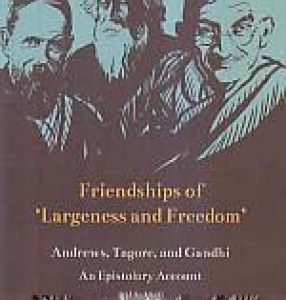
Showing all 7 books

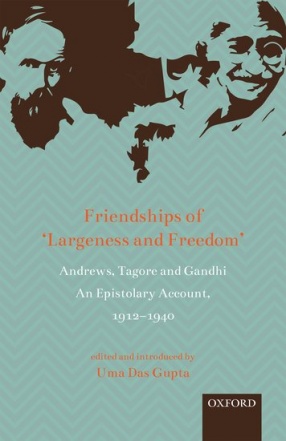
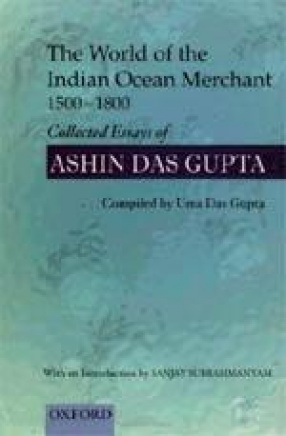
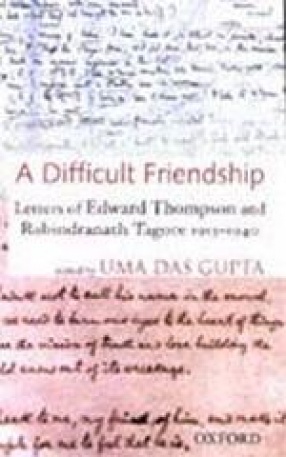
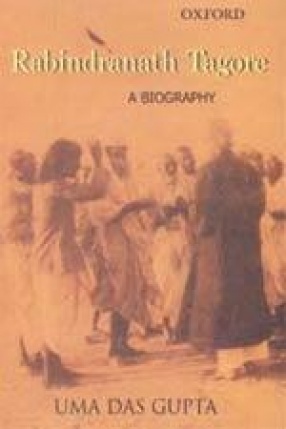
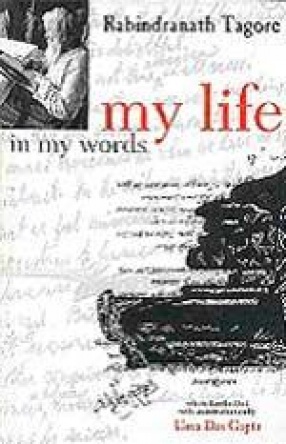


Friendships of ‘Largeness and Freedom’ presents the story of three remarkable individuals-Rabindranath Tagore, Mahatma Gandhi, and the Anglican missionary Charles Freer Andrews. Brought together for the first time, the letters in this volume not only bear witness to their friendship but also reveal the universal principles they adopted to pursue freedom from colonial rule.
Together, the three friends have given us an alternative legacy-the legacy of a ...
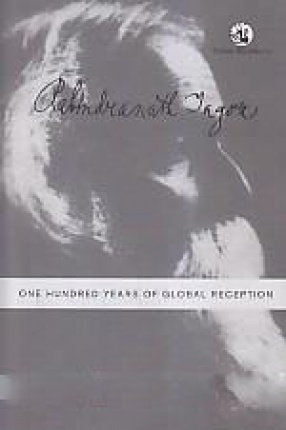
The book examines how Rabindranath Tagore has been received globally from 1913, when he received the Nobel Prize for Literature for his English translation of Gitanjali, to this time. The essays arranged region-wise and continent wise deal with the translation of his writings, the impact of the poet’s visits to different countries and his subsequent standing in the world of letters. They show that his reception underwent dramatic metamorphoses and different ...

This collection brings together some seminal essays of the late Professor Ashin Das Gupta -- one of the pioneers of maritime studies in India. It is organized in two parts: one containing Das Gupta's general essays, the other his more specific ones linked to his two major projects on Malabar and Surat. These essays chronicle the rise and fall of Indian port cities and of the communities of merchants who traded from them. This book supplements an earlier ...

This book documents the remarkable relationship between Rabindranath Tagore (1861–1941) and Edward J. Thompson (1886– 1946) through the letters they exchanged over almost 30 years. Based on a collection of letters, cablegrams and greeting cards, it provides new insights into the personalities of these two eminent individuals living and working in late colonial Bengal. Tagore and Thompson met as poets in 1913 and became friends instantly, but their ...

Rabindranatha Tagore (1861-1941) is known to us today primarily as a poet and litterateur. Not many people, however, are aware of the vital significance of his efforts in the field of education and rural reconstruction. He loved the people of his country and strove for the rights of the rural poor to dignity and social justice. A pioneer in the field of education, he gave the last forty years of his life towards creating Visva-Bharati, an institution in rural ...

It is not easy to know oneself, I have made different attempts to make sense of my life, The only thing I have been able to conclude about myself is that I am a poet, nothing else, no matter all the other things I may have done with my life. The Renaissance man of modern India, Rabindranath Tagore put his country on the literary map of the world when he won the Nobel Prize for Literature in 1913. Though known primarily as a poet and writer, Tagore was also a ...
